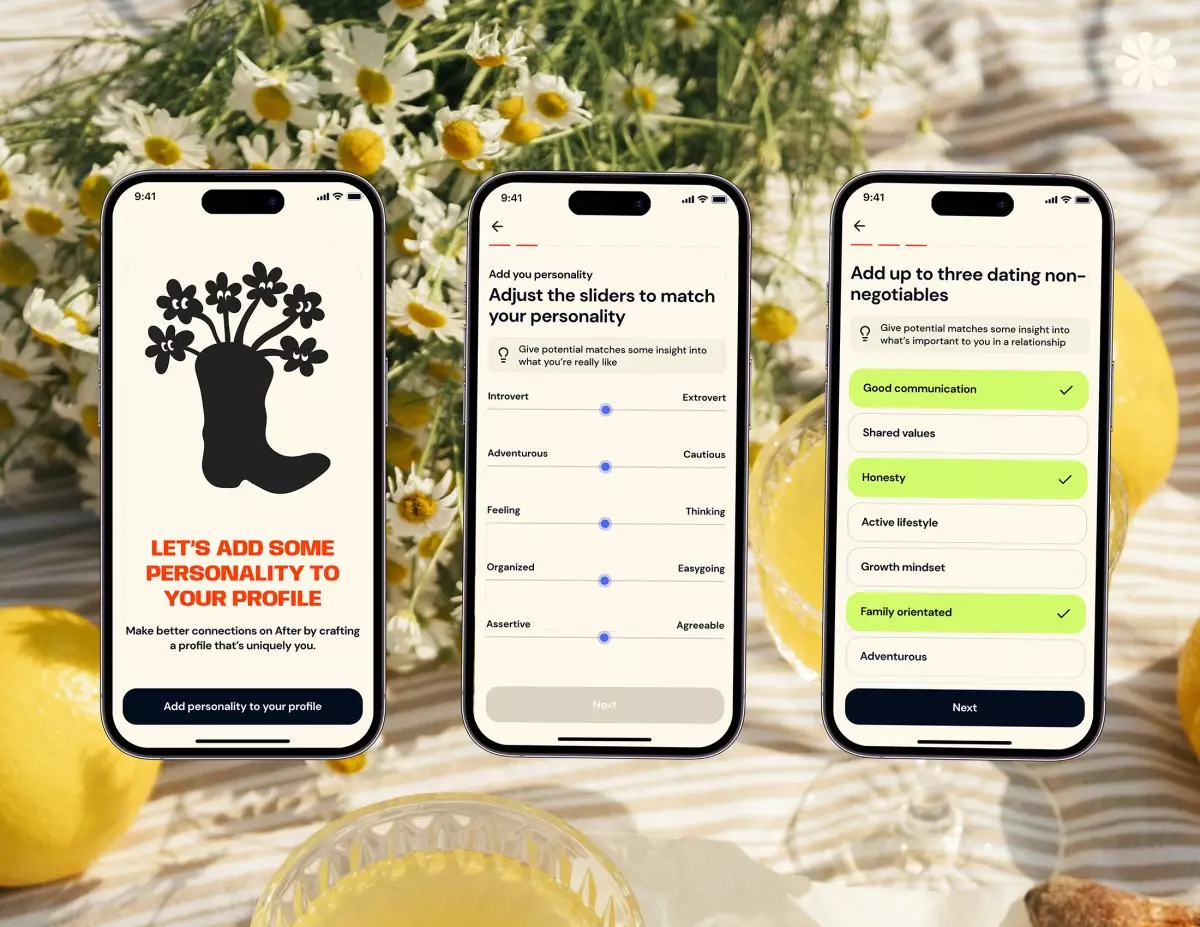In the sprawling tech landscape of Austin, Texas, a new dating app called After is set to redefine the dating game. Launched in October 2023, After stands out not just as a product but as a response to the widespread issues of ghosting and lack of accountability that plague traditional dating platforms. Founded by Katie Dissanayake, who brings a wealth of experience from over a decade in the dating app industry, After aims to tackle the emotional fatigue many users face in their quest for connection.
One of After’s most innovative features revolves around the concept of accountability. Unlike conventional dating apps, After mandates that users provide a reason for unmatched conversations before moving on to new potential matches. This feature seeks to demystify the often abrupt endings that define online dating interactions, allowing for a more respectful and considerate approach to communication. As Dissanayake explains, this not only provides closure for users but is an essential step toward accountability in a space notoriously riddled with impersonal connections.
When a match begins to flounder, After proactively nudges users to engage, prompting them to communicate rather than leave their match hanging. If engagement isn’t forthcoming, the match expires, and the user must again articulate their reasons for disengaging. This mechanism not only enhances communication but also encourages introspection, pushing users to confront why they may not be responding.
Beyond addressing ghosting, After is designed with user empowerment at its core. It includes features such as dating guides that provide tailored advice, particularly for users struggling to find matches. For instance, the app might suggest adjustments to a user’s profile or photo if they aren’t attracting interest. This evolution of user experience from mere connection to informed engagement is crucial in a culture that often prioritizes quantity over quality in dating.
Furthermore, the app integrates a sense of local community with distinct badges indicating whether users are long-term Austin residents or just temporary visitors. This transparency is vital for modern dating, as many users prefer connections grounded in a shared geographical and social context.
Perhaps one of the most commendable aspects of After is its commitment to mental health. As users navigate the complexities of online dating, After plans to incorporate mental health check-ins, allowing users to assess their feelings and emotions. This feature recognizes the potential emotional toll of persistent dating efforts and provides gentle reminders to take breaks when service usage becomes excessive.
This balance of engagement and self-care highlights a vital evolution in the dating app landscape—where user mental health should be just as important as making connections.
A Freemium Approach to Engagement
Operationally, After adopts a freemium model, offering basic access to all users, while introducing an in-app currency dubbed “petals” for added features. This fair approach allows users to unlock enhanced functionalities, including boosts and super likes, without alienating those who might be hesitant to commit financially. This economical strategy paves the way for a broader demographic to engage with the app, enhancing its community feel and broadening opportunities for connections.
In a landscape that often leaves users feeling undervalued and ignored, After emerges as a breath of fresh air, offering a thoughtful solution to persistent issues of ghosting and lack of accountability in online dating. By fostering communication, offering guidance, and promoting mental wellness, After is not merely another app; it is a promising step toward creating richer and more meaningful human connections. As it launches in Austin, the hope is that it can spark a wider conversation about dating etiquette and emotional responsibility in the era of digital romance.

